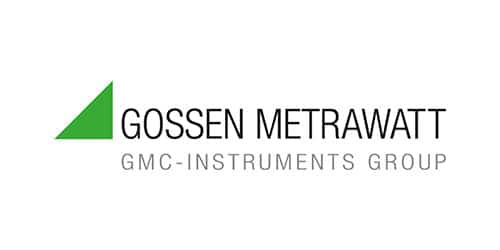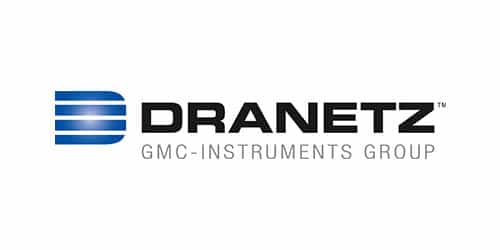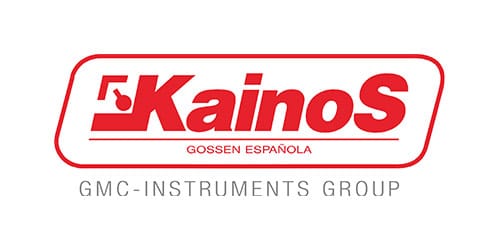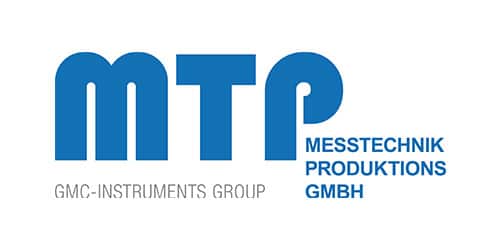This issue covers:
- Product recall attitudes survey
- Sentinel safety testers guard against non compliance
- New BEAMA guides
- New ‘Register My Appliance’ scheme
- Engineering shortfall harming the UK economy
Product recall attitudes survey
With high-profile product recalls still attracting national media attention, Electrical Safety First has long campaigned that the recall system in the UK is not working.
Despite the fact that the majority of recalled electrical products pose a risk of fire or electric shock, the success rate of a recall is rarely more than 20%, meaning that millions of dangerous items remain in homes across the country.
At the ESF’s product safety conference, under the Time for Change theme, the organisation launched a new report on consumer attitudes towards recalls.
‘Consumer Voices on Product Recall’ analyses consumer experience of product recalls, looks at the motivating factors that make people respond to – or ignore – a recall notice, and outlines a number of simple and effective changes that manufacturers can implement to improve success levels.
The research found that people were not keen to register their products, which would instantly improve traceability, with over a third concerned that their details would be used for marketing. Only a fifth of people surveyed had actually responded to a recall, with 5% of respondents saying they had knowingly ignored a recall notice.
However 77% said that they would act if they knew the dangers – a misunderstanding of the risk was a major factor in failure to respond as people often assume a product has been recalled because of an “annoying fault” rather than a serious safety risk.
The report highlights that effective use of language is key to a successful recall, as well as the use of a variety of communications channels – direct contact as well as digital channels like email, websites and social media.
The report is at www.electricalsafetyfirst.org.uk
Sentinel safety testers guard against non compliance
The new Sentinel series of bench-top hipot/flash testers from Clare delivers significant time and cost saving benefits for electronic product type testing applications.
The Sentinel 200, 500 and 501 electrical safety testers enable manufacturers to check their products in-house to ensure compliance with the relevant international technical conformance standards such as EN 60598, UL 1598, IEC and CSA C22.2 before being sent to third party test/approval houses. This can reduce time-to-market timescales - with associated cost savings.
The fast, safe and accurate testing of high voltages up to 5kV AC and 6kV DC is provided across the range while accurate testing up to 500 VA AC power output - allowing for 100mA tripping currents, a requirement in many standards - is available on the Sentinel 500 and 501 units. The latter also provides earth bond/insulation resistance testing.
The Sentinel series offers fully automatic testing and remote control, enabling up to 100 test conditions to be saved and recalled for single test purposes. For sequential testing requirements, manual test settings can be linked together to create up to 100 automatic test sequences, enabling simple recall for repeat testing.
Full details at www.seaward.co.uk/Sentinel
New BEAMA guides
In response to energy efficiency issues and the effective use of materials in electrotechnical assemblies, BEAMA has revised two of its guides for low voltage mains distribution equipment.
The updated ‘Power Switchgear and Controlgear Guide’ gives methods to confirm verification of a PSC assembly in accordance with BS EN 61439-2 Ed 2.
It also gives information that a specifier should provide to enable switchboard manufacturers to also verify that an assembly meets customer requirements in the most efficient and economical manner.
The guide also offers clear and concise instructions on the calculation of cable and busbar sizes for a range of temperature limits.
The second publication, ‘Low voltage busbar trunking systems guide’, reflects the current BS EN 61439-6 Ed. 1 standard which replaces BS EN 60439-2, as well as subjects now commonly considered but not included in the standard.
Examples include Device substitution considerations, a comparison of copper and aluminium conductors, Electromagnetic field (EMF) considerations, the integration of plug-in distribution boards and other matters. Full details at www.beama.org.uk
New ‘Register My Appliance’ scheme
A new website will provide alerts on any electrical appliance recalls or repairs.
Launched by the Association of Manufacturers of Domestic Appliances (AMDEA), the new website at www.registermyappliance.org.uk is designed to make it quicker and easier for the public to register all of their appliances.
According to new YouGov research, just over a third of British people buying appliances, 36 per cent, currently register all of their appliances with the manufacturer, meaning thousands of owners are virtually untraceable if a safety repair is required.
Register My Appliance will provide up-to-date, accurate contact information for owners who have acquired specific models of appliances within the past 12 years, so manufacturers can issue safety updates or repair notifications to the right homes.
The initiative is purely to ensure the safety of homes and families across the country, and information submitted to the website will only be used if required for safety notices.
Douglas Herbison, chief executive of AMDEA, said: “Domestic appliances have never been safer, but we have over 100 million large appliances in use in our homes, and we keep them running for 10 or many more years.
“The incidence of safety actions is very low, between 6 to 10 recalls a year, but unlike cars, if manufacturers need to make a free safety adjustment they have no way of tracing the majority of affected models.”
The site is also supported by the Department for Business, Innovation and Skills and ROSPA.
Engineering shortfall harming the UK economy
Research published in EngineeringUK 2015; The State of Engineering, claims the UK economy could benefit to the tune of £27billion a year if demand for new engineering jobs is filled.
To do this, the organisation says the number of engineering apprentices and graduates entering the industry will need to double.
Paul Jackson, EngineeringUK's chief executive, said: "Engineering is a vital part of the UK economy, not just in terms of significant turnover but also with regards to employment. For every new engineering role, an additional two jobs are created in the economy."
The report claims engineering companies will need 182,000 people per year with engineering skills in the decade to 2022, but points to a current annual shortfall of 55,000 skilled workers.
EngineeringUK is calling for collaborative action across the government, engineering businesses, the education sector and the wider engineering community to realise a range of recommendations including a doubling of the number of engineering graduates or a 50% increase in the number of STEM and non STEM graduates entering engineering companies, alongside other moves to increase uptake and interest in engineering and technical careers. More at www.engineeringuk.com
Click here to download your free guide to EN 50191
Do you use Clare or Cropico equipment? - If you think you may have a story for future e-news bulletins, please let us know by contacting us here.

















Sign up to our Newsletter.
Stay up to date with the latest industry and product news, as well as our free educational content such as webinars and our expert guides.
Close